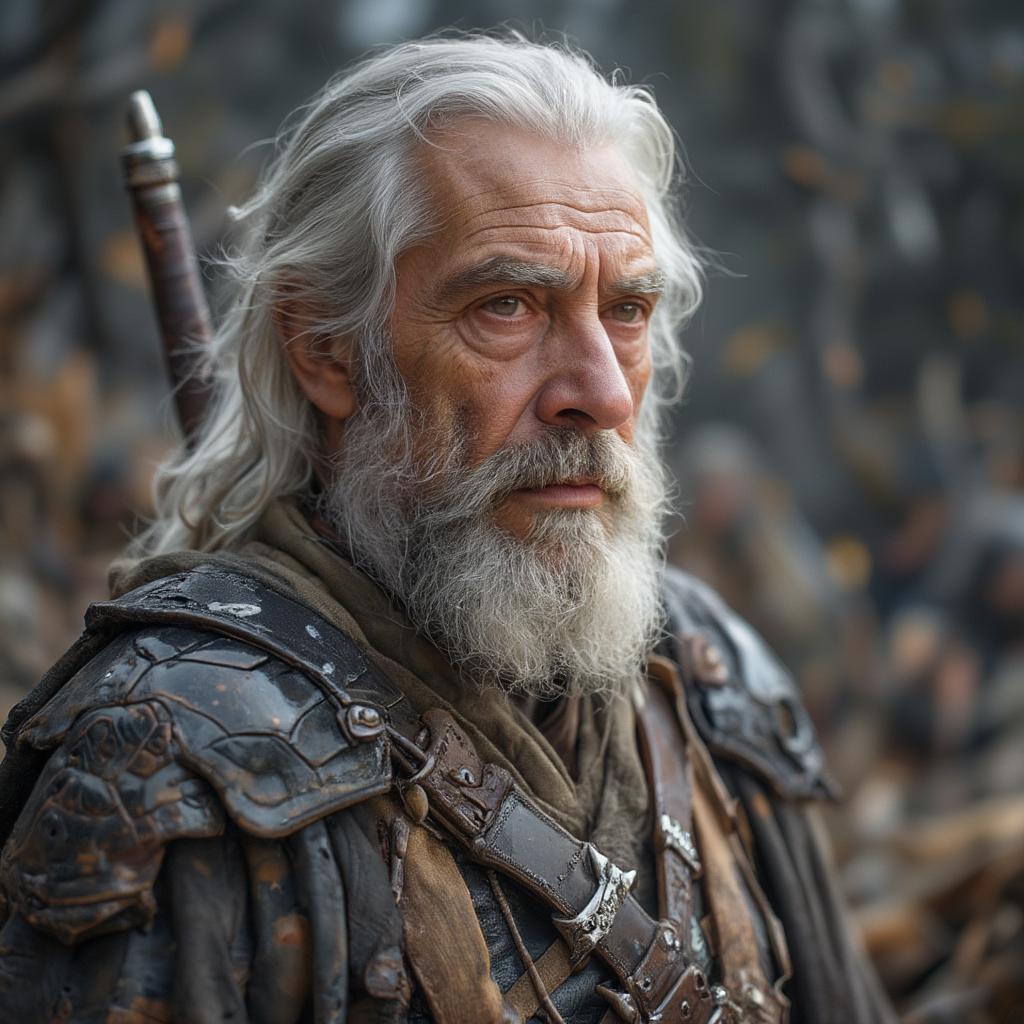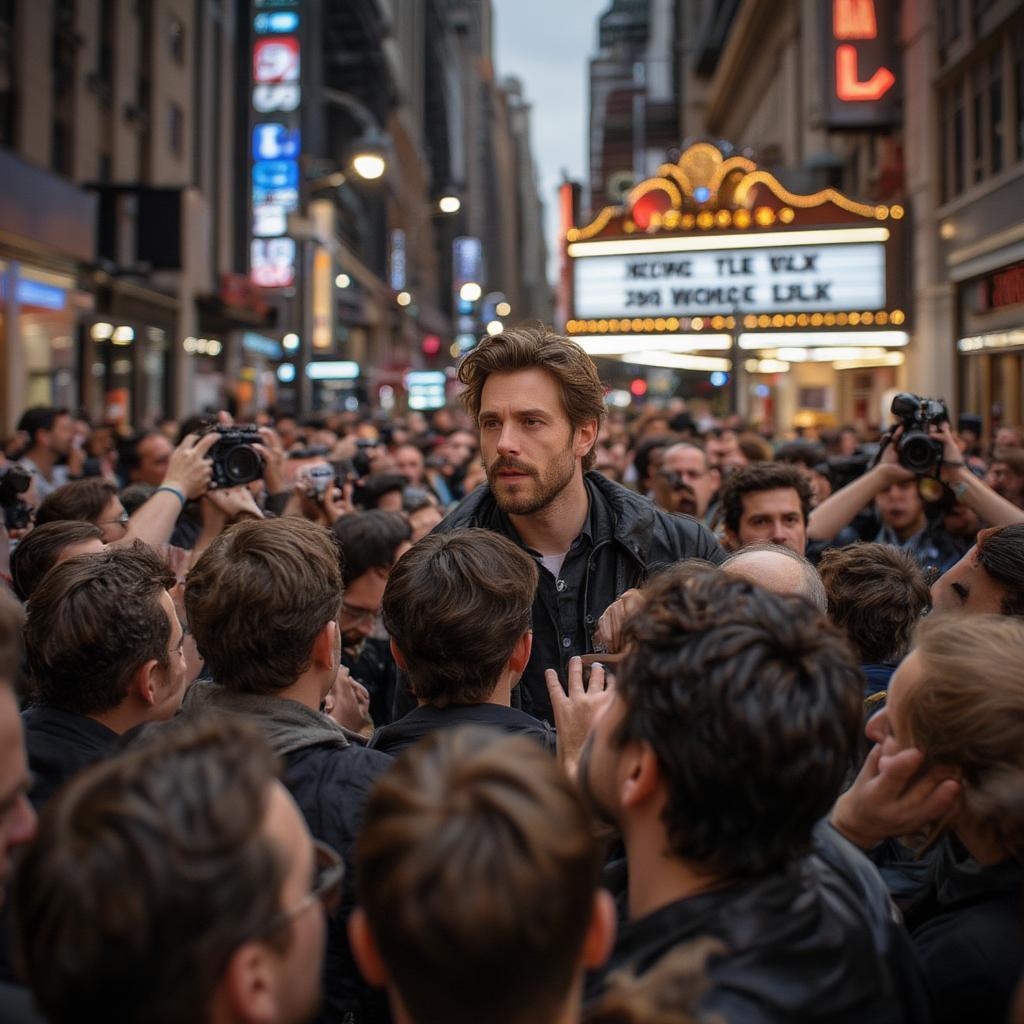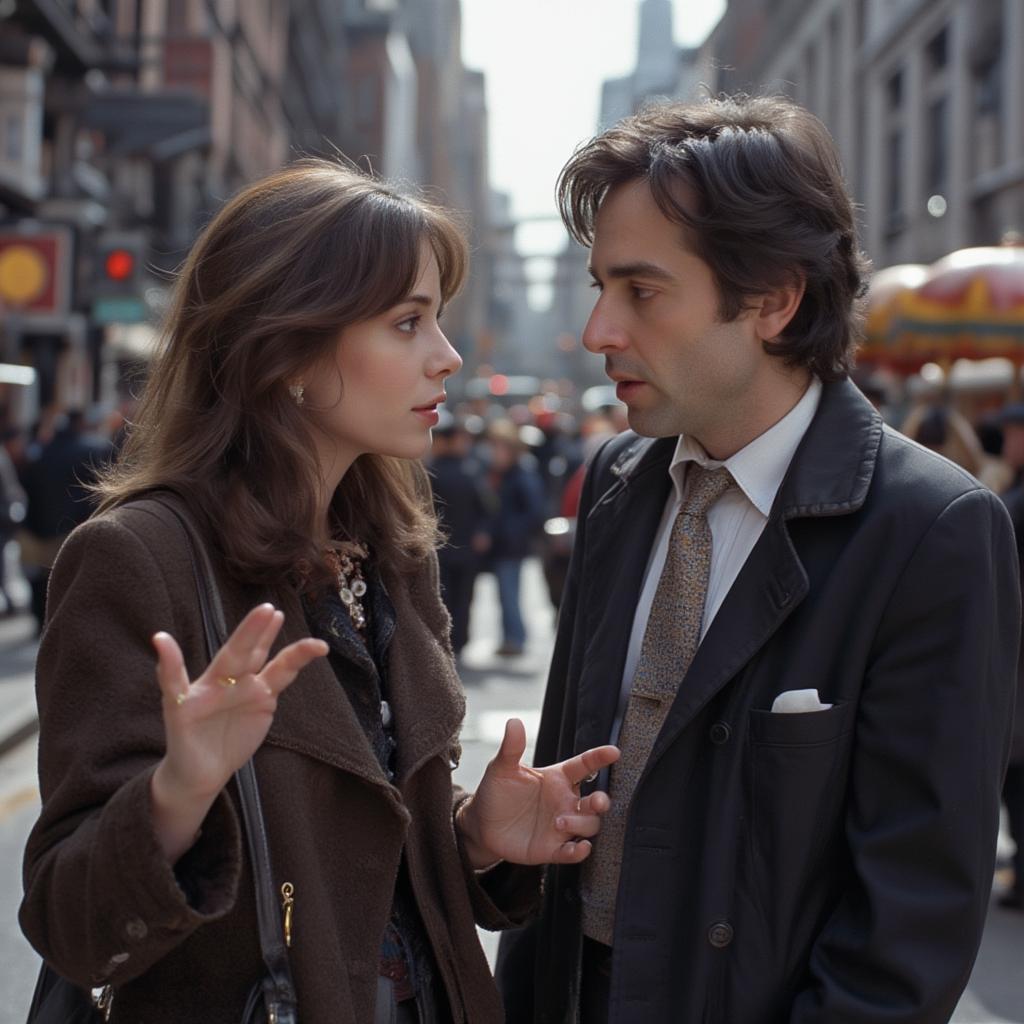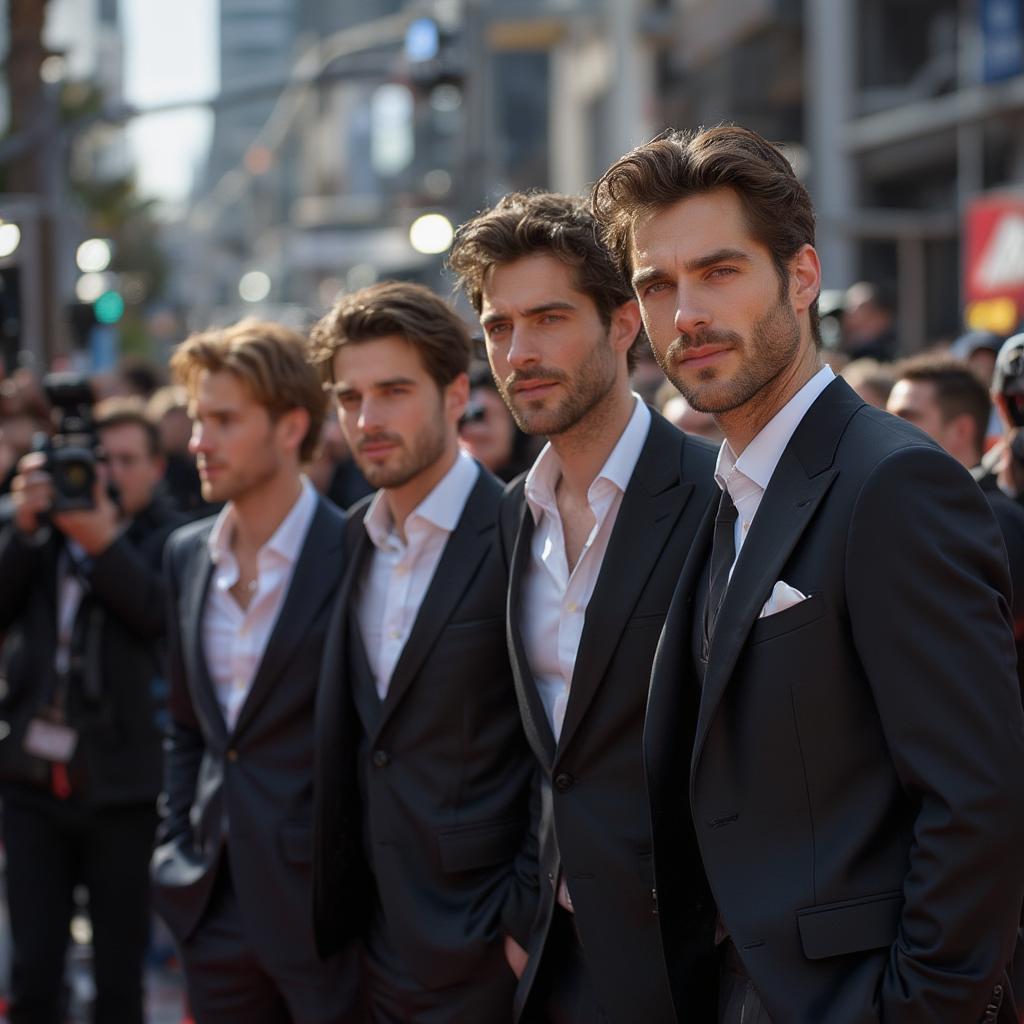Actors Who Turned Down Iconic Roles: A Stellar Cast of “What Ifs?”

The annals of Hollywood history are filled with tales of Actors Who Turned Down Iconic Roles, decisions that often altered the trajectory of their careers and redefined cinematic landscapes. These “what ifs” offer a fascinating glimpse into the intricate dance of casting, personal choices, and the unpredictable nature of stardom.
The Price of Saying No: Career Defining Moments and Missed Opportunities
Turning down a role can be a gamble, a high-stakes game of chance where the potential rewards are weighed against artistic integrity, personal commitments, and the allure of other projects. Sometimes, the decision stems from creative differences or scheduling conflicts; other times, it’s a matter of instinct, a gut feeling that guides an actor away from a particular path. Whatever the reason, the consequences can be profound. actors who turned down famous roles have sometimes seen their careers flourish as a result of their choices, while others have been left wondering what might have been.
When “No” Means “Yes” to Something Greater: Triumphs and Surprising Turns
Consider the case of Sean Connery, who famously declined the role of Gandalf in “The Lord of the Rings” trilogy. While the role ultimately went to Ian McKellen, who delivered a performance for the ages, Connery’s decision allowed him to pursue other projects, and history will remember him well. He later starred in “The League of Extraordinary Gentlemen,” a film that, while not as commercially successful as “Lord of the Rings,” allowed Connery to explore a different facet of his acting prowess. This highlights the complex interplay of factors that influence an actor’s decision-making process. 
Regret and Recriminations: The Roles That Got Away
Not all actors who turn down iconic roles emerge unscathed. For some, the decision haunts them, a constant reminder of a missed opportunity. Burt Reynolds, for instance, reportedly turned down the roles of Han Solo in “Star Wars” and James Bond, decisions he later publicly regretted. These choices underscore the unpredictable nature of Hollywood and the difficulty of predicting a film’s success. Would “Star Wars” have achieved the same cultural impact with Reynolds as Han Solo? It’s a question that will forever remain unanswered, a tantalizing “what if” in the tapestry of cinematic history.
Why Actors Say No: A Behind-the-Scenes Look at the Decision-Making Process
What drives an actor to reject a role that could potentially catapult them to superstardom? The reasons are as varied as the actors themselves. Sometimes, the script simply doesn’t resonate with them, failing to ignite the creative spark necessary for a compelling performance. Other times, the role may conflict with their personal values or artistic sensibilities.
The Role Doesn’t Fit: Artistic Integrity vs. Box Office Gold
For actors like anthony hopkins, artistic integrity often trumps the lure of box office success. Choosing roles that challenge them creatively, push their boundaries, and allow them to explore the depths of human emotion is paramount.
“An actor’s job is to inhabit a character, to breathe life into the words on the page,” says renowned acting coach, Stella Adler. “If the role doesn’t resonate with your soul, the performance will ring hollow.”
Scheduling Conflicts and Personal Commitments: The Juggling Act of a Working Actor
The life of an actor is often a whirlwind of auditions, rehearsals, and filming schedules. Balancing personal commitments with the demands of a career can be a daunting task, leading to difficult choices. A coveted role might require months of filming in a remote location, forcing an actor to sacrifice time with family or forgo other opportunities.
The Fear of Typecasting: Breaking Free from the Mold
For many actors, the fear of being typecast can be a major factor in their decision-making process. Accepting a role that reinforces a particular image or pigeonholes them into a specific genre can limit their future prospects.
Lessons Learned: The Enduring Legacy of “What Could Have Been”
The stories of actors who turned down iconic roles offer valuable lessons for aspiring performers and audiences alike. They remind us that success in Hollywood is not always measured by box office numbers or awards, but by the choices we make and the paths we choose to forge. These stories also highlight the inherent risks and rewards of the acting profession, a world where fortune can change with the flick of a script. action movie stars male often face this dilemma. 
In conclusion, the actors who turned down iconic roles have shaped the landscape of cinema in ways both seen and unseen. Their decisions, driven by a complex interplay of personal and professional factors, remind us that the history of Hollywood is a tapestry woven with threads of “what ifs” and “might have beens.” These stories continue to fascinate and inspire, offering a glimpse into the human drama that unfolds both on and off the screen. The choices these actors made ultimately contributed to the rich and diverse cinematic landscape we enjoy today.




